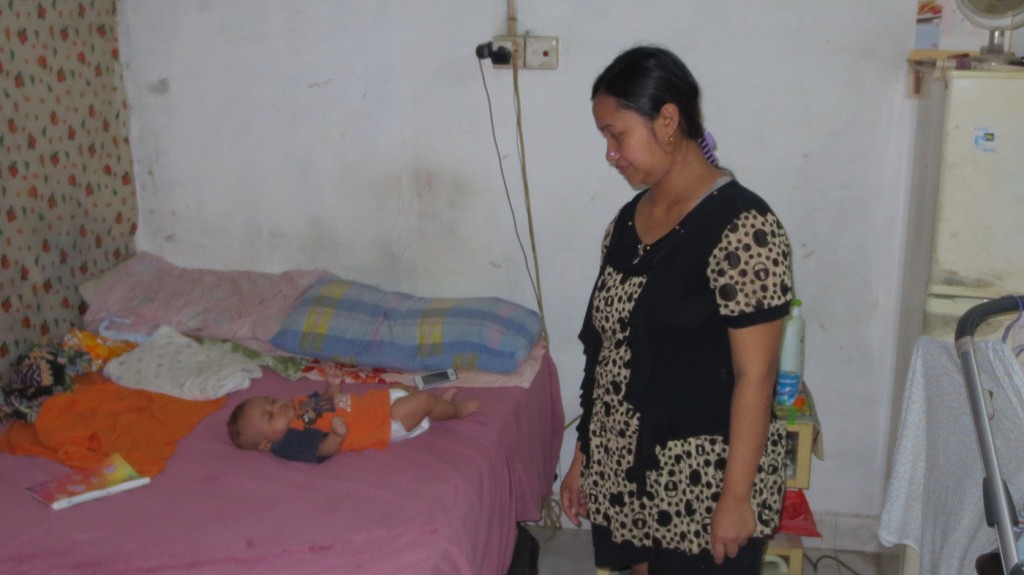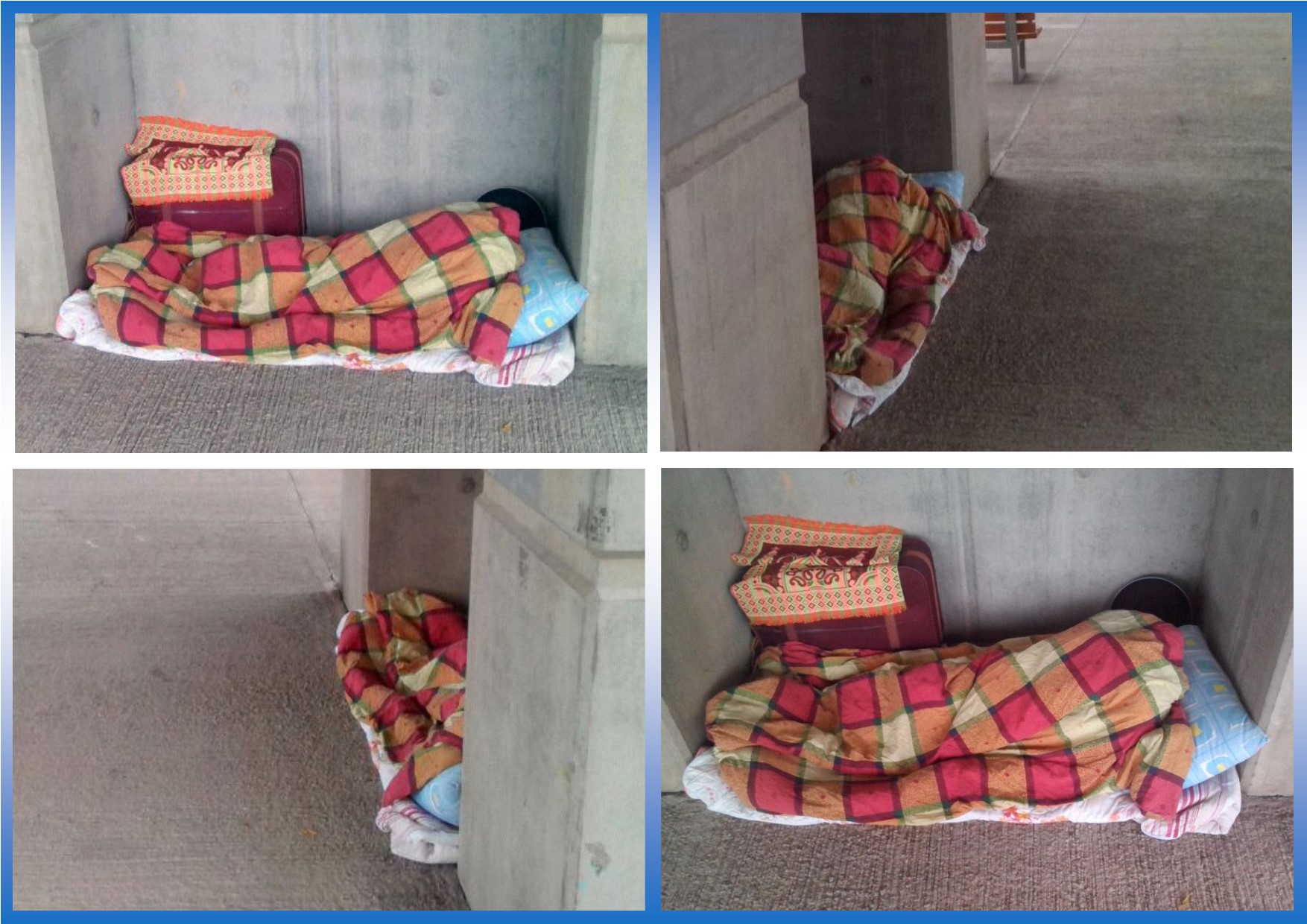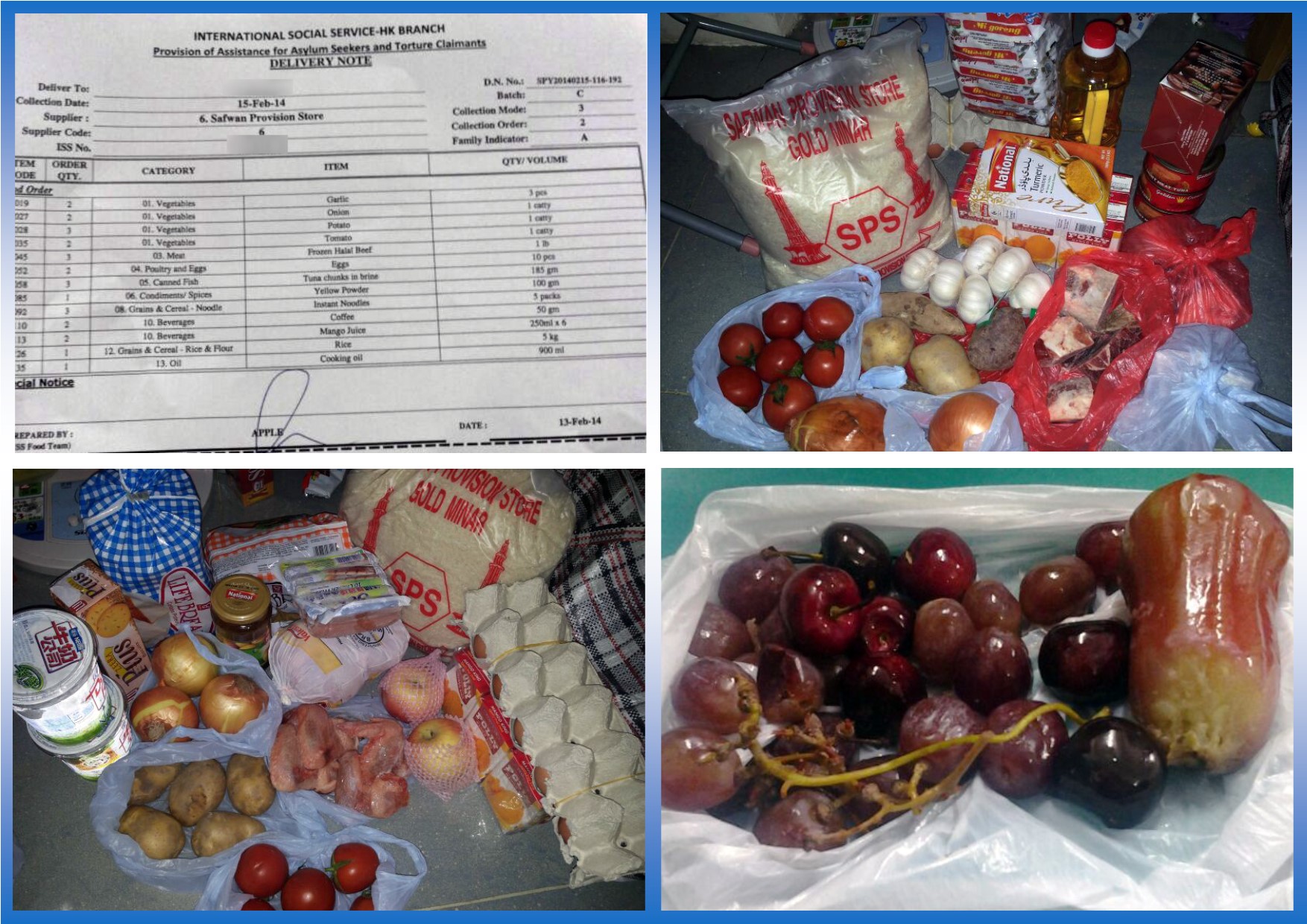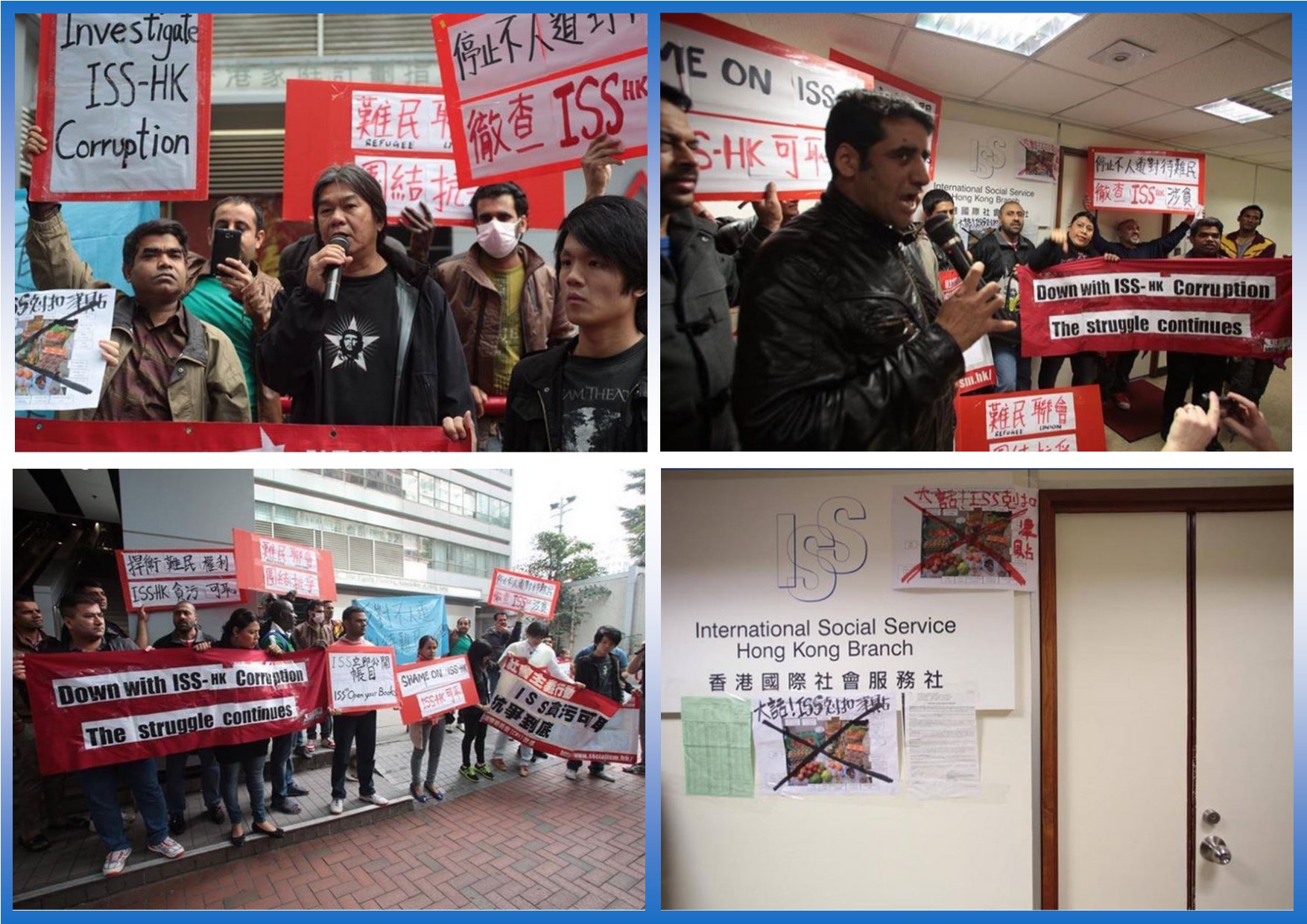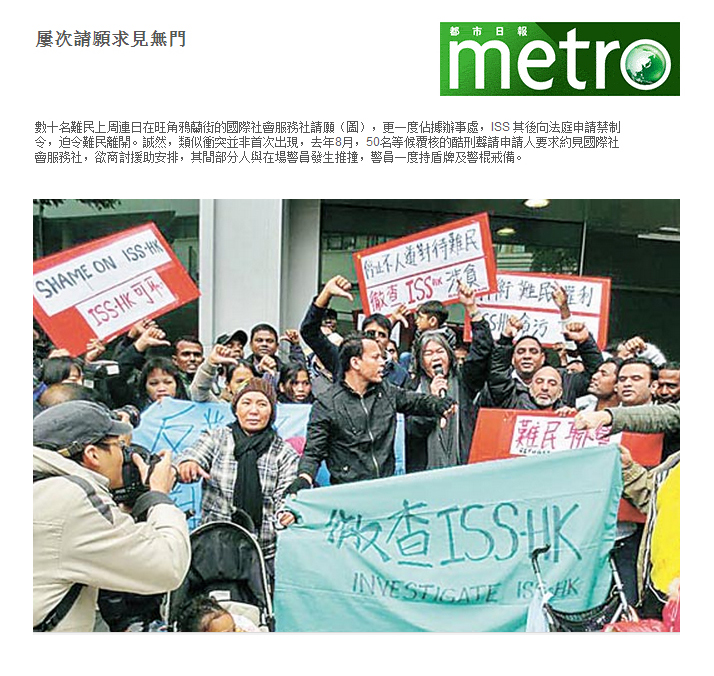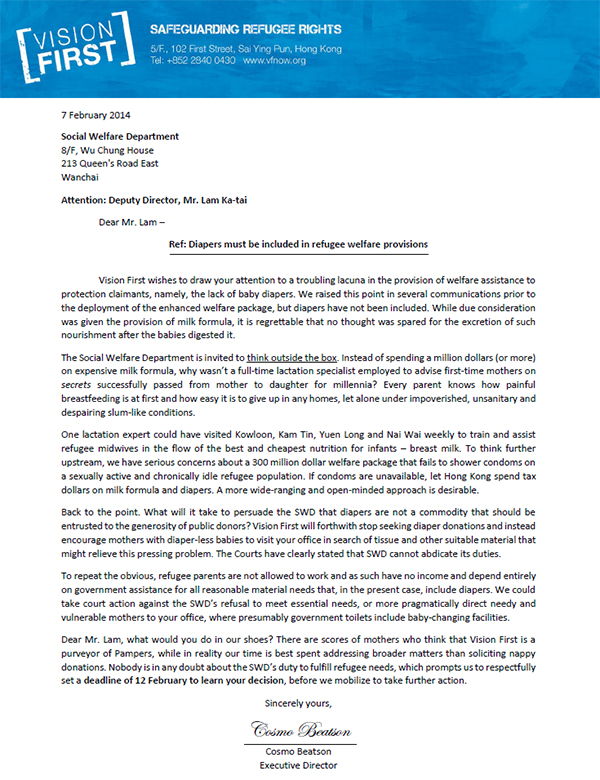Hong Kong Bar Association criticism of the USM
Feb 23rd, 2014 | Advocacy | Comment
HKBA press release on USM – 14 Feb 2014
- HKBA notes that the Security Bureau never consulted the legal profession on the operational details of the USM;
- HKBA was never formally provided with USM details for the purpose of solicitation of views prior to their finalization in February 2014;
- HKBA notes there are uncertainties regarding the transitional arrangements concerning claimants at different stages of processing, determination, appeal and judicial redress;
- HKBA notes the lack of publication on the arrangements on pending and future appeals of CAT claims;
- HKBA notes that UNHCR will cease screening asylum claims under its mandate in Hong Kong following the introduction of the USM;
- HKBA deplores this highly unsatisfactory situation which has left significant changes and proposals uncommented, and potential difficulties unidentified;
- USM claims to be a “unified” mechanism but uses the same case officers to determine three types of claims applying three sets of standards with the same appeal board;
- USM remains divided between a statutory scheme under the Immigration Ordinance (CAT) and an administrative scheme (CIDTP and Refugee) not under said Ordinance. HKBA seriously doubts whether this approach is a proper one as it is at times unsatisfactory, if not ridiculous;
- HKBA is concerned about the process of redress following a decision by Immigration: CAT claim are subject to statutory appeal to the TCAB, while CIDTP and Refugee claims are subject to administrative petitions to an adjudicator;
- HKBA joins the Law Society in urging the Administration to amend the Immigration Ordinance to include CIDTP and Refugee claims and to take stock of the experiences in implementing CAT;
- HKBA highlights the major difficulties stemming from the modification of the arrangements between the Administration and the UNHCR, where asylum seekers could lodge claims while their visas were still valid;
- HKBA raises questions about successful Refugee claimants’ information being passed on to UNHCR for further recognition and resettlement without high standards of fairness;
- The legal profession again calls upon the Administration to reconsider its position regarding the extension of the Refugee Convention to Hong Kong so that screening of refugees can truly determine and protect such claimants;
- The legal profession notes that both the People’s Republic of China and the Macao Special Administrative Region are parties to the Refugee Convention;
- HKBA criticizes the irresponsible approach taken by the Immigration Department in issuing notices to claimants to seek legal advice from duty lawyers who have not been fully briefed on transitional arrangements;
- HKBA calls upon the Immigration Department to publish a comprehensive document setting out the transitional arrangements formulated to implement the USM;
- HKBA finds it surprising that the Administration has omitted to brief duty lawyers of the transitional arrangements which must have been decided well before early February;
- HKBA suggest that all CAT claimants should be invited to attend a briefing session and be given the opportunity to submit a completed “Supplementary Claim Form”;
- HKBA criticizes as unrealistic and harsh the 21 days time limit for returning the completed “Supplementary Claim Form”. This is even shorter than the 28 days time limit for returning completed Torture Claim Forms which requires equal if not less effort;
- HKBA considers that the Immigration Department should as a matter of routine disclosure the categories and descriptions of the country of origin information that case officers refer to;
- HKBA considers that Immigration Department should disclosure the reports of its field studies to Bangladesh, India, Pakistan and Sri Lanka for the updating of knowledge and information on such countries;
- HKBA is of the view that these suggestions are consistent with the discharge of the joint endeavour between the claimant/lawyer and the decision maker in the proper examination of a protection claim.
Refugee Union demands ISS display food prices
Feb 11th, 2014 | Advocacy, Food, Refugee Community | Comment
Second meeting of the Refugee Union on 10 February 2014
Feb 10th, 2014 | Advocacy | Comment
They were arriving one hour before the meeting started despite no email, blog or SMS reminders. The news had spread by word-of-mouth: here is a Union that seeks justice and protection, here is an association that fights for the rights, dignity and future where these are denied in contravention of the law. Refugees in Hong Kong thirsted for justice since they were first locked up in the grim Victoria Prison around 2000 – always unlawfully and often for more than a year!
There was a palpable feeling in the air that despair and anger are at last positively channeled. What people failed to achieve individually year after year, might be possible with collective power. Nothing comparable has ever been attempted in Hong Kong and it can only be achieved today after a gradual buildup in confidence and leadership in 2013. Vision First is proud to have prepared fertile ground.
Nationals from a dozen countries participated in the Refugee Union’s second meeting, including old-timers who hadn’t bothered with gatherings for many years, due to disillusionment with civil society. Participation was remarkably strong and it was standing-only space in the room. Galvanizing energy united these men and women who have been sidelined in the community as hopelessly irrelevant.
The first order of the day was the election of country leaders, an exercise in spontaneous democracy that was unexpectedly smooth among such a diverse, strong-minded individuals. The leaders will be supported by two assistance and the three will participate in Refugee Union meetings to report decisions and actions to their community. Gatherings larger than this won’t be possible in future.
It was unanimously agreed that the Union’s longterm goal is to campaign for the Right to Work. There is no dignity in a life deprived of employment rights, particularly when raising a family. Idleness could be enforced for 6 to 12 months, but any longer amounts to outright cruelty. The ‘magnet effect’, if even plausible, does not justify harming human beings who wasted 10 years or longer waiting for the Immigration Department to make a decision: Accept or Reject! What are they pondering over?
Rights barrister, and Vision First non-executive director, Mr. Robert Tibbo was the guest of honor. He entered to a warm applause as everyone was pleased to finally meet him in person. The Refugee Union needs legal grounding. Its formation, agenda and activism must be rooted in law. From the questions asked it was apparent that members want to learn their rights, not just in respect to USM, but also in their daily, and often confrontational, dealings with authorities.
There was a general request for a “Rights Workshop” to be conducted by human rights barristers to ensure that refugees know exactly where they stand in encounters with police, Immigration, case workers and those who serve the community. The Refugee Union will safeguard refugee rights by ensuring that its members are the best informed and know how to confidently handle any eventuality from police search to High Court review.
Many lamented how other NGOs discouraged assemblies and participation of refugees in protest activities. The enemies of justice are well versed in the ancient tactic of “Divide and Conquer”. The Refugee Union will strive to counter this and other defeatist attitudes by empowering each and every individual to rise fearlessly against prejudice and injustice, wherever they appear. The times are changing and nobody is doubts that 2014 will usher in a veritable refugee REFORMATION.
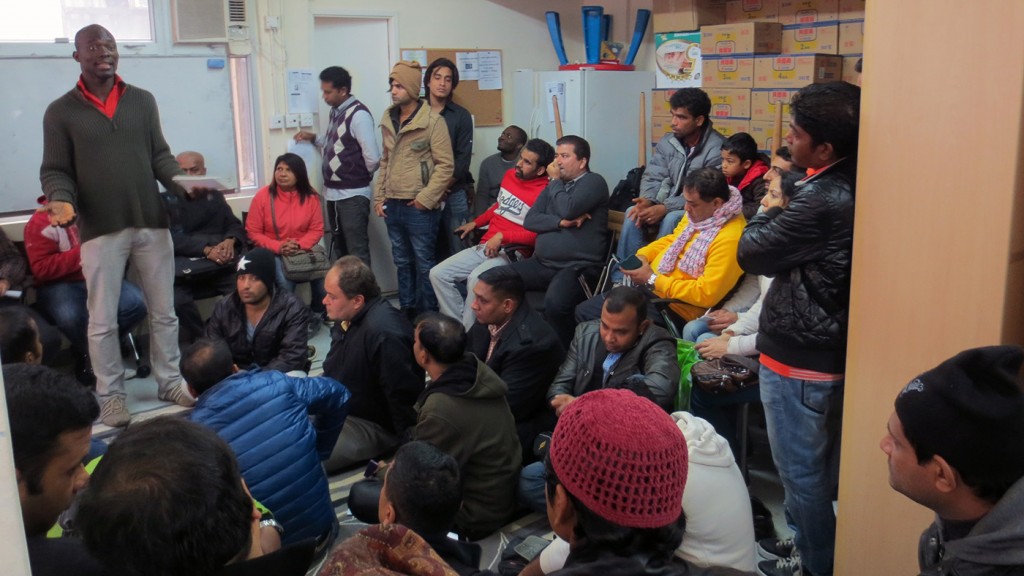
QEH violates rights of the security of the individual
Feb 9th, 2014 | Advocacy | Comment
The following events unfolded yesterday evening (8 February 2014). Samira, a Tamil torture claimant since 2004, was at home throwing up. She had stomach pains and was in great agony. Her two young children were very upset. They were crying. Her husband Raaj became so worried that he decided to take her to Queen Elizabeth Hospital’s emergency room (QEH).
Samira had previously seen a doctors and was prescribed medicines for stomach problems. These had had little effect. Last night Raaj had to leave the kids at home momentarily to rush their mother to hospital. He couldn’t stay with her after she was admitted, but a representative of Be the Change came to assist.
Late last night, Samira informed Raaj over the phone that she had an infection in her fallopian tubes. She was worried and scared. The doctor had called for emergency surgery. However, doctors and nurses refused to speak to either Raaj over the phone, or to the NGO rep who came to assist.
The QEH nurse could not speak English well and tersely said to the NGO rep, “The doctor just explained everything to the patient.” No interpreter was ever called. Nobody paid attention to the NGO rep. The nurses turned a deaf ear to her pleading that Samanti was in great pain and, given such severity was probably unable to comprehend what the doctor had told her.
On instructions from a solicitor firm, a barrister communicated with a Tamil interpreter and the NGO lady on the scene, arranging for an interpreter to visit Samira first thing in the morning. It was late in the evening when Samira went under the knife without any idea what was happening, besides her acute sensations of pain.
This morning at 9am the QEH nurses refused to allow any access to the patient. Upon the interpreter arriving, a nurse said that the doctor had already left. The interpreter informed the nurse that the barrister had asked the interpreter to assist Samira. The interpreter reminded the nurse that it was protocol that an interpreter be immediately called to the hospital when the woman was admitted. At least they should have called one over the phone.
The nurse readily admitted they had made a mistake last night. She then confirmed that they had operated on Samira and she would have to remain in hospital at least for three days. Despite being repeatedly asked, the nurse refused to inform the interpreter and NGO rep exactly what surgery had been undertaken.
Nevertheless the nurse allowed the interpreter to enter the ward and meet with Samira for five minutes. The patient confirmed she did not know what the surgeons had done to her. The only thing she knew was that she had an infection in her tubes. As of today she has no idea what happened and what was said to her last night. She had effectively been compelled to sign documents the content of which she did not understand and had not been interpreted to her.
Under the Bill of Rights and the Basic Law, the government is not to discriminate against individuals based on ethnicity, skin colour, country of origin and, most significantly, on the basis of language. Samira’s rights of security of the individual, meaning not just the physical, but the psychological integrity of the individual, was also fully engaged under the circumstances.
The rights of the security of the individual also extend to Raaj who was kept in the dark and remains in the dark. He was completely traumatized last night having emotionally broken down when he was told that his wife was to undergo unknown surgery. He did not know what was wrong with his wife, what was done to her and the QEH refused to tell him.
Furthermore, the security rights of two minor children were engaged, having witnessed their mother being taken away from their home in severe pain, and the mother not returning home, seeing their father sobbing and traumatized, and not knowing what had happened to their mother in hospital.
It should be noted that even though Samira signed some hospital documents, the NGO rep confirms she was in such pain that there is no way she would have understood their content. Her English is not strong enough and she was writhing in pain, brought to Emergency and dealt with doctors without the assistance of an interpreter. All she understood was that there was something wrong with her tubes.
In third-world countries it is common for emergency surgeons to remove the entire uterus because women lack the money and sophistication to return for follow-up procedures. Vision First is deeply concerned that QEH might have proceeded with invasive surgery to cut or remove organs without the patient’s understanding and express, interpreted consent. After two and a half days the hospital is offering a glimmer of hope that the woman might finally understand what surgical procedures were undertaken on her and why.
One can imagine a Hong Kong woman falling sick in Sri Lanka. She might be taken to hospital to sign documents in Tamil. The hospital might tell her husband in Tamil that doctors will not talk to him. The lady might be aided by a Tamil NGO representative, but kept in the dark. The woman then undergoes major surgery without being explained why, what was removed, whether it was a life-threatening situation. What would Hong Kong government do? Would it ask the Sri Lankan government to apologize and pay lots of money in compensation?
Hong Kong is not a third-world country. Interpreters can be called on the phone at any time, day or night. It was an arbitrary decision not to bother calling one. Refugees are a defined social group that is battered and traumatized by Hong Kong government, often for a decade. They come here for protection and receive none. They entrust their safety and wellbeing to the government and are left in a state of destitution and despair. The authorities need to step up and recognized fundamental refugee rights.
Police entrap four asylum seeker ladies
Feb 6th, 2014 | Advocacy | Comment
Anissa and three protection claimant girlfriends were arrested mid-January walking in the streets of Lo Fu Shan. Her boyfriend came to Vision First to report the incidents after the police charged them for working illegally despite overwhelming evidence to the contrary. Anissa is Indonesian and has a ten year-old son living with her mother. On that morning, she was bringing a mobile phone for her son to a friend who was flying back to Jakarta.
Dressed in her good clothes (evidence that she was not going to work) and holding her Sunday handbag, Anissa was walking down a public road when the police pounced. It was 10:30 in the morning and this was raid to net illegal workers. Maybe achievement records required a success. Anissa counted sixteen officers swooping down on the street to arrest the four ladies. She was terrified and didn’t understand what was going on and, most importantly, what she had done wrong.
Had Anissa’s friend arrived on time, she wouldn’t have been in the wrong place at the wrong time. Unfortunately her friend was late and her phone was switched off. The ladies might have been guilty of loitering in a public place, but they were certainly not working or coming out of a place of work as the police accused them. Was this misperception … or entrapment?
“Come into the car. You are working!” the officers shouted, pulling them aside. The scared ladies were pushed into a van and threatened with long prison sentences if they denied the charges. Anissa professed her innocence as best she could amid much adrenaline. At the police station there was no interpreter. Her statement was clear, “I was not working. I was meeting a friend”. But nobody listened.
At the police station she pointed out she was wearing good clothes on her way to meet friends. The officers pounded the desk and shouted. She noted there was no evidence. The officers shouted louder to intimidate and one threw a ballpoint pen at her. They wanted her to sign an admission of charges. Anissa’s fear turned into indignation. She had heard about entrapment, but couldn’t believe it was her.
Anissa pointed out that nobody goes in their Sunday clothes to shift garbage in a recycling plant – the only job for refugee ladies. She insisted she was walking around waiting for her friends and had not been inside any compound. The police were out to win! The four ladies were kept in custody without bail and sent to Shatin court to face charges. Undaunted by police threats, they all pleaded not guilty.
The judge didn’t bother to listen to them. The duty lawyer said nothing in the ladies’ defense and made no effort to understand why they insisted on their innocence. Anissa asserted, “I was not working. How can I admit that I was working? The police have no proof because I was only walking on the road”. The four ladies repeated the straightforward facts of that morning: they were on their way to visit friends.
Later, the duty lawyer visited them in Tai Lam prison and asked for evidence of their defense. But how can you prove what you didn’t do? The duty lawyer said the police have proof – now it gets interesting – and they can be jailed for more than 22 months if they don’t plead guilty for a shorter sentence. It appears that the lawyer is seeking an expeditious resolution to avoid a trial in which these ladies innocence could be proven.
Vision First is gathering evidence and preparing to defend these four victims of police entrapment.
